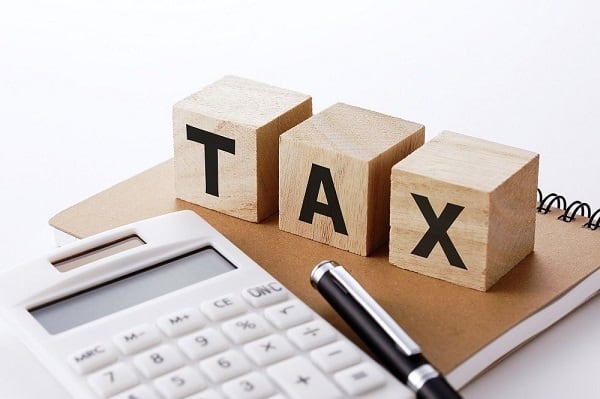In his budget speech Wednesday, the Finance Minister said that the zero ratings, exemptions and reduced rates were going to be eliminated. These exemptions are a burden on the government as their revenues are reduced while it also has an impact on the socio economic development of the country.
Due to this, there is a proposal being made to eliminate these exemptions on many of the items. Some of these items are going to go to a reduced rate while the standard rate of 17% will be implemented on the others. The details will come when the Finance Bill is published later.
What is being impacted?
In order to get some idea of how some of the goods and services will be impacted, we can see the categories that were created for the application of sales tax.
Zero rated exemptions
Currently, pharmaceuticals, books and newspapers, agriculture produce and medical supplies are exempt from any application of sales tax. Once these taxes are implemented, it can be seen that the pharmaceutical industry will see its prices going up leading to a higher hospital bill. Agriculture produce is an input in many industries and it can be expected that food related industries like wheat and rice and textile industries related to cotton will see an increase in prices. Lastly, books and newspapers will also get expensive which will impact the cost of education related to children.
Zero rated industries
Zero rate industries mainly consist of exports and office stationery. The industries that are involved in exporting their goods will see a rise in prices. Some of the top exports of the country are textile, meats, sporting goods, chemicals, sugar and cotton. As these are being implemented on export only goods, local investors will not be impacted, however, the competitiveness of these companies will be undermined in the international market. Offices will also be impacted as office related stationery will see a rise in its cost.
Reduced Sales Tax
In terms of reduced sales tax, the industries of local imports and produce for exports, sugar and certain plant and machinery levy a tax rate of 3%, 5%, 8% and 10% for different goods. These tax exemptions being withdrawn will have ripples being felt throughout the economy. Imports being made for exports categorize a large part of the economy and with these imports being taxed, the export industry will have their inputs taxed at a higher rate. As the sugar industry is taxed, juices, candies, jams, jellies and cold drinks will see a rise in their prices as well. With plant and machinery being taxed at a higher rate, capital expenditure carried out by the companies will see their costs increasing which will be passed on to the consumers. These expenditures can span different sectors and industries so it is hard to pin down.
Standard Rate
In terms of the standard rate, services of banking, construction, shipping, telecom, advertising and event organization, hotels and restaurants are liable to pay a sales tax of 13%, 15% and 16%. Lastly, all goods including imports are charged a sales tax rate of 17%. After the exemptions are taken away, many of these sectors will see their rates increase to 17%. As many of the exemptions are removed, most of the other industries will see their rates will rise to 17%.




